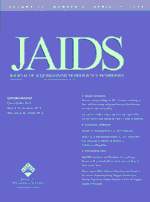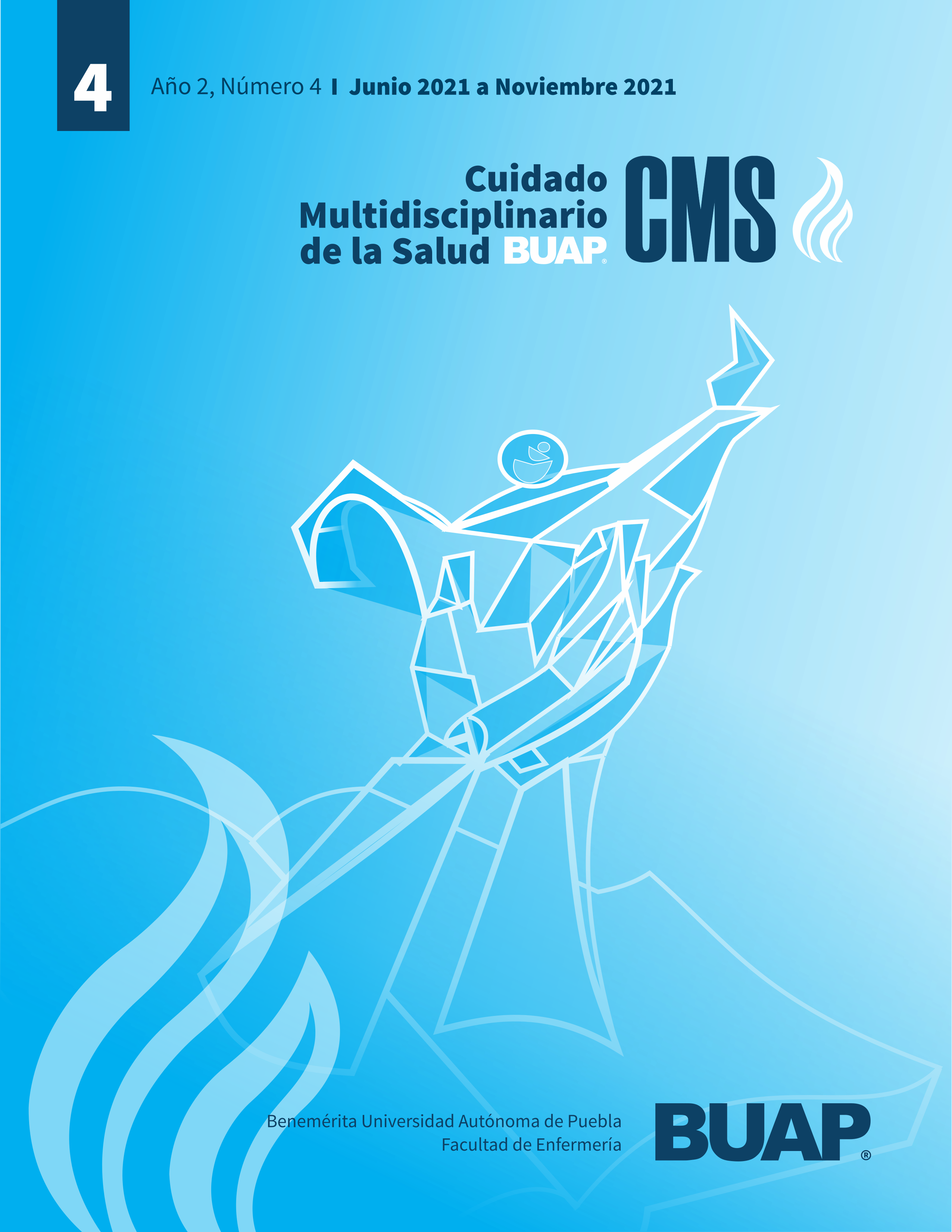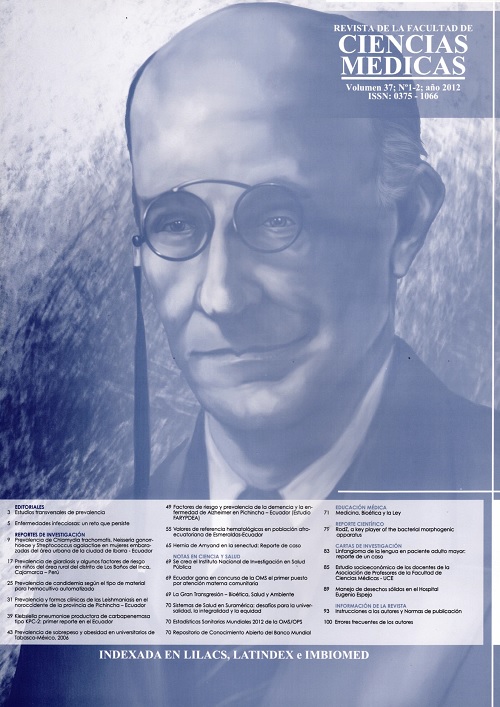Resumen
Objective: We recently showed efficacy of an intervention to increase condom use among female sex workers (FSWs) in Tijuana and Ciudad Juarez, situated on the Mexico-United States border. We determined whether increases in condom use were predicted by social cognitive theory and injection drug user status among women randomized to this intervention. Methods: Four hundred nine HIV-negative FSWs aged >=18 years having unprotected sex with clients within the prior 2 months received a brief individual counseling session integrating motivational interviewing and principles of behavior change (ie, HIV knowledge, self-efficacy for using condoms, and outcome expectancies). Results: Increases in self-efficacy scores were associated with increases in percent condom use (P = 0.008), whereas outcome expectancies were not. Female sex workers who inject drugs (FSW-IDUs) increased condom use with clients but not to the same extent as other FSWs (P = 0.09). Change in HIV knowledge was positively associated with change in percent condom use among FSW-IDUs (P = 0.03) but not noninjection drug users. Conclusions: Increases in self-efficacy significantly predicted increased condom use among FSWs, consistent with social cognitive theory. Increased HIV knowledge was also important among FSW-IDUs, but their changes in condom use were modest. Enhanced interventions for FSW-IDUs are needed, taking into account realities of substance use during sexual transactions that can compromise safer sex negotiation. (Resumen extraído del artículo)
Autoría:
STRATHDEE, Steffanie A.;
MAUSBACH, Brent;
LOZADA ROMERO, Remedios;
STAINES OROZCO, Hugo Salvador;
SEMPLE, Shirley J;
ABRAMOVITZ, Daniela;
FRAGA VALLEJO, Miguel Ángel;
TORRE, Adela de la;
AMARO, Hortensia;
MARTÍNEZ MENDIZÁBAL, Gustavo A.;
MAGIS RODRÍGUEZ, Carlos;
PATTERSON, Thomas L.






